 |
| Vietnam's real estate market ranks second only to the Indian market and ahead of Thailand. |
According to CBRE Vietnam, investment capital into Vietnam has so far mainly come from familiar Asian investors such as Singapore, Japan, Hong Kong (China), and South Korea. The capital size for each transaction usually ranges from 20 to 50 million USD. Investment funds from more developed markets in North America and Europe have not yet penetrated deeply.
Along with that, a large number of individual financial investors have begun to pay attention to the Vietnamese real estate market. According to statistics from the Ministry of Construction , there are about 4 million people who want to buy houses in Vietnam in the future, including foreigners and overseas Vietnamese.
2024 promises to be a booming year for the Vietnamese real estate market with a strong increase in both domestic and foreign investors. High demand and outstanding development potential make the Vietnamese real estate market a promising investment hotspot for cash flow.
David Jackson, General Director of Avison Young Vietnam, commented that Asia- Pacific , including Vietnam, has great potential to attract investment compared to other regions in the world. The factors of young population, economic growth and consumer tastes in this region show a positive long-term outlook. This outlook is for capital flows that are shifting in a world affected by conflicts and economic disruptions.
According to Statista, Vietnam's real estate market is worth 4.41 trillion USD in the new year 2024. In the same year, Thailand's real estate market was worth 2.51 trillion USD.
In fact, the Vietnamese market has a unique context where portfolios that include income-producing assets are scarce and often under-represented in the market. Most investors in Vietnam focus their attention on industrial and office real estate.
Vietnam’s strong and export-driven economy has fueled growing trade, creating strong demand for efficient supply chain management and logistics. Investors are recognising the potential of these drivers and are taking a keen interest in industrial real estate.
In addition to commercial real estate, land for residential development projects in Vietnam continues to attract strong interest from developers and foreign investors. Many investors are actively looking for discounted assets or assets owned by landowners facing legal or financing difficulties. This trend highlights the resilience and attractiveness of the residential segment in Vietnam.
According to CBRE Vietnam, the value-added strategy is at the top of the list of priority investment strategies in 2024. Specifically, more than 60% of foreign investors plan to upgrade prime buildings in their portfolios according to ESG (environmental, social and corporate governance) standards in 2024. Most of them are private funds, real estate funds and real estate investment trusts (REITs). This is also a trend to pursue a strategy of increasing asset value.
According to Nguyen Pham Anh Duy, Director of Investment Advisory Department of CBRE Vietnam, investors with a long-term vision of the potential of the Vietnamese economy and who are willing to invest capital can benefit immediately from the recent price adjustment cycle. This is especially true in the current situation when buyers benefit from sellers who are existing investors in the market who need to divest after holding and operating assets for a certain period of time.
Currently, foreign investors are actively seeking and increasing their presence in Vietnam. Vietnam has also recently cut interest rates to make the market more attractive. Against this backdrop, across the region, central bank policy rates and economic uncertainty are the top two concerns for investors in 2024, although these concerns have eased significantly compared to last year. The gap between buyer and seller price expectations remains the biggest obstacle to transactions, although a price adjustment cycle is expected in most markets in Asia-Pacific in 2023.
Source



![[Photo] Lao President Thongloun Sisoulith and President of the Cambodian People's Party and President of the Cambodian Senate Hun Sen visit the 95th Anniversary Exhibition of the Party Flag Lighting the Way](https://vphoto.vietnam.vn/thumb/1200x675/vietnam/resource/IMAGE/2025/9/2/3c1a640aa3c3495db1654d937d1471c8)
![[Photo] Ho Chi Minh City residents show their affection to celebrate the 80th anniversary of the August Revolution and National Day September 2](https://vphoto.vietnam.vn/thumb/1200x675/vietnam/resource/IMAGE/2025/9/3/55d860cbb63a40808e1e74ad9289b132)
![[Photo] National Assembly Chairman Tran Thanh Man meets with First Secretary and President of Cuba Miguel Diaz-Canel Bermudez](https://vphoto.vietnam.vn/thumb/1200x675/vietnam/resource/IMAGE/2025/9/2/c6a0120a426e415b897096f1112fac5a)
![[Photo] Special art program "Da Nang - Connecting the future"](https://vphoto.vietnam.vn/thumb/1200x675/vietnam/resource/IMAGE/2025/9/2/efdd7e7142fd45fabc2b751d238f2f08)

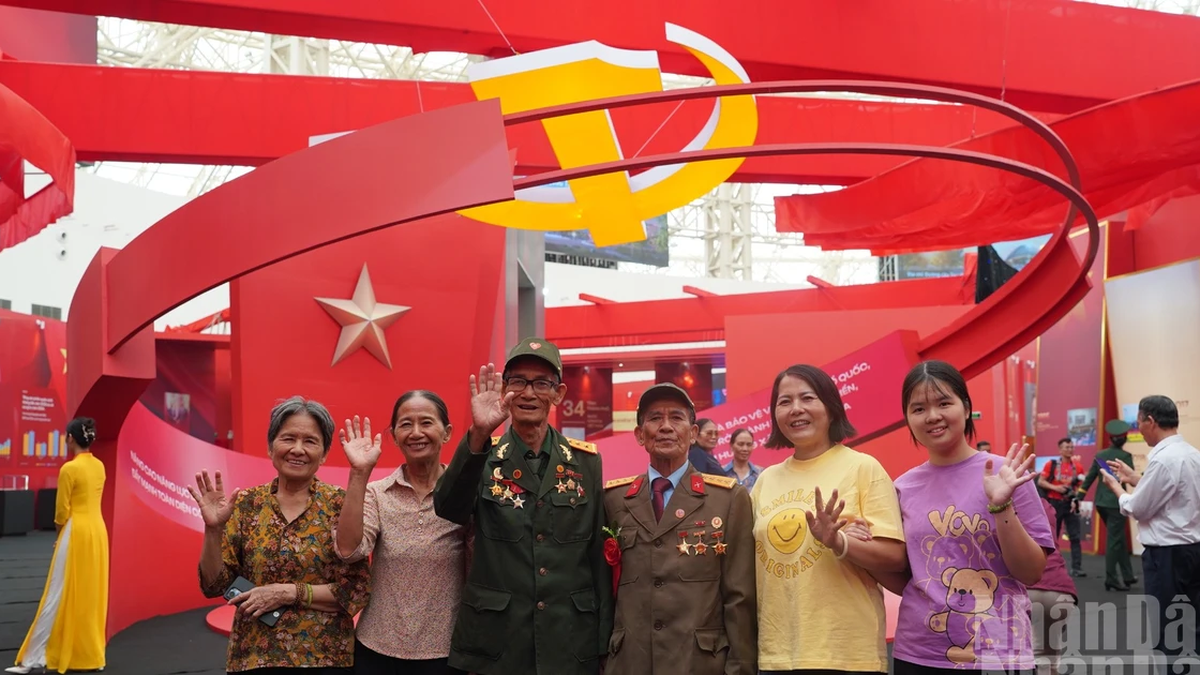













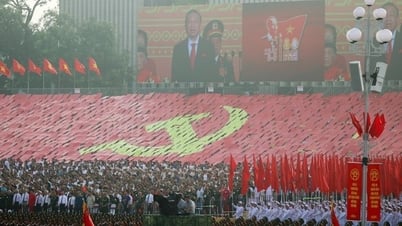


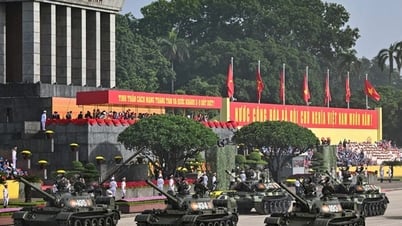



























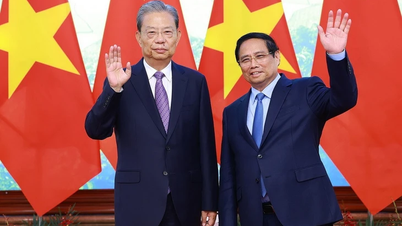
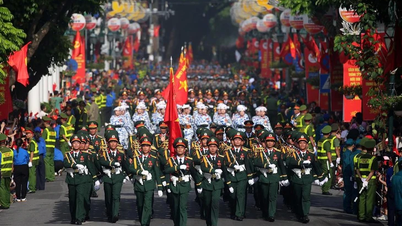




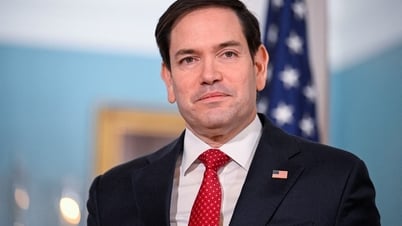



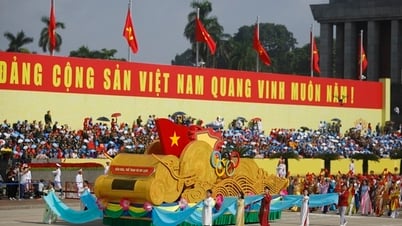

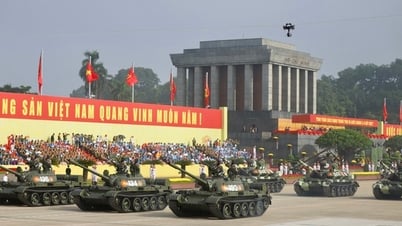
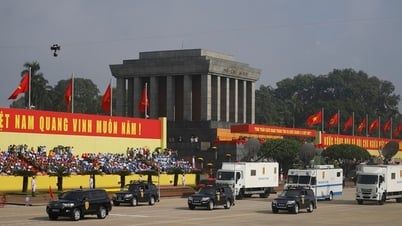















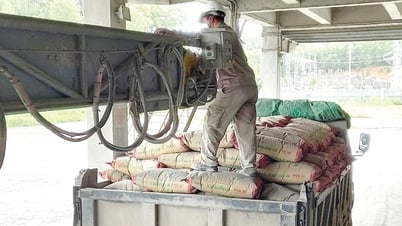


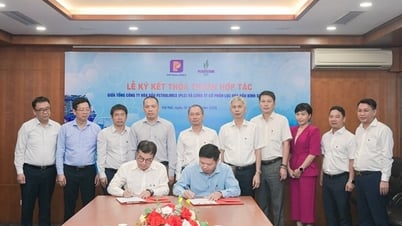

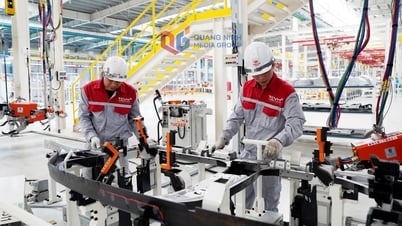


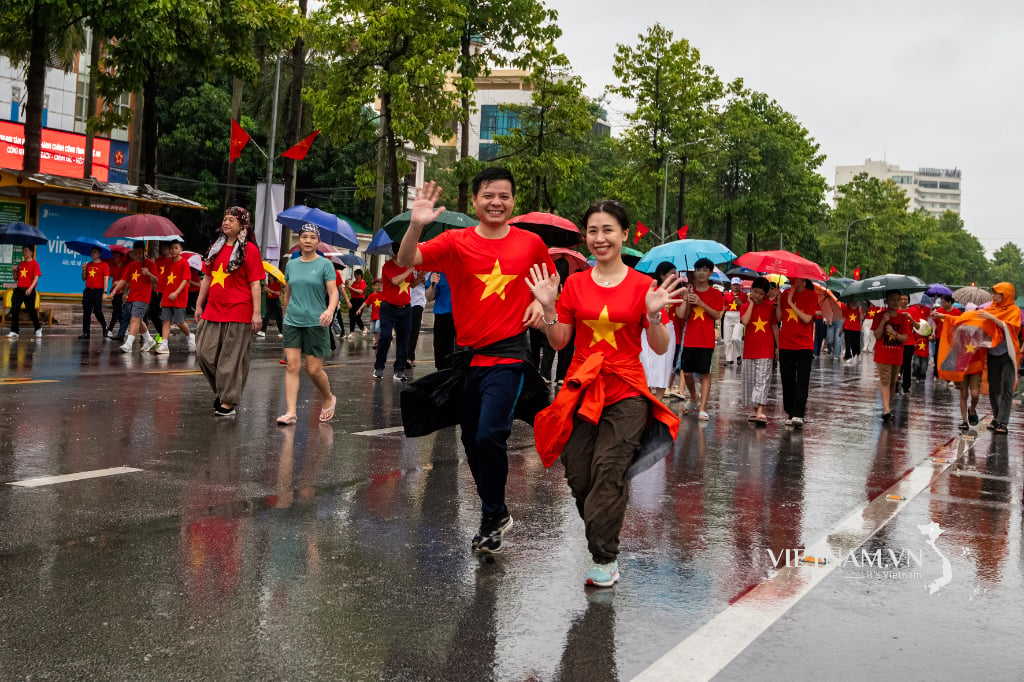


Comment (0)